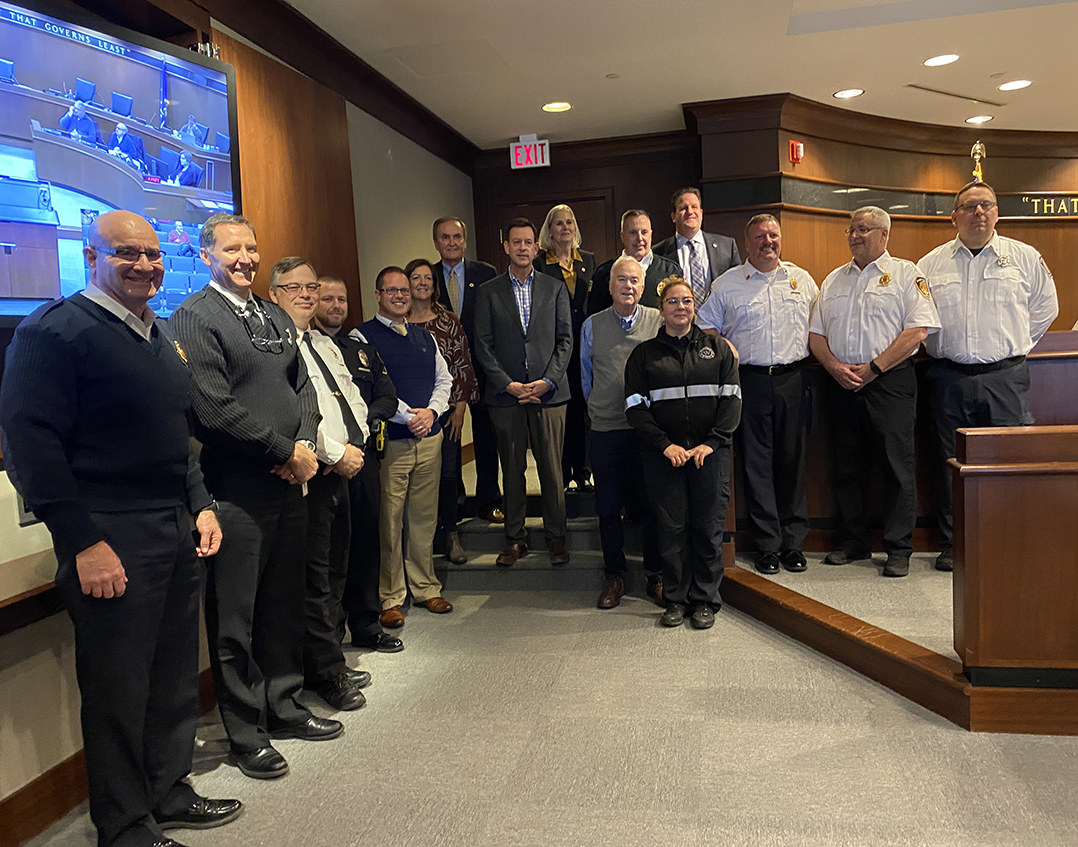By Chris Bavender
Duke Energy Foundation has awarded Hamilton County an $80,000 grant to help paramedicine programs provide better behavioral health services in the county. The grant will be used by paramedicine programs in Carmel, Fishers, Noblesville and Westfield for prevention, early identification and intervention, crisis intervention and short-and-long term treatment programs throughout the county.
“It’s extremely important, because instead of waiting until there is a crisis situation to help people, we can try to identify their needs at the earliest possible stage,” former judge and Hamilton County Councilor Steven Nation said. “We are trying to analyze this from a global sense and say, ‘How do you deal with this instead of saying the best option is to lock someone away and not provide a pathway to help?’”
Nation collaborated with local lawmakers to help craft Indiana House Enrolled Act 1118, which became law July 1. The law allows paramedicine programs to request a patient’s individualized mental health safety plan, if certain conditions are met, so they can follow up with the patient and offer them services and support they need to get back on their feet.
Community Relations Manager for Duke Energy Mark LaBarr said it’s important to the company to support the work of organizations helping residents with behavioral health challenges.
“We believe in giving people another chance, and sometimes they can end up on the wrong path, but with proper help and treatment they can get back on the path to being productive,” LaBarr said. “Let’s say you have someone who is an addict and has gotten into trouble and police show up at the door. But this time it’s different because there is a paramedic there as well and, instead of going to jail, they can get that person the treatment they need right now.”
It’s hoped the program could eventually be utilized statewide, Nation said.
“We want to develop procedures and protocols so smaller departments in the state can use them and not go through the expense and time to develop that kind of system,” he said. “It could provide a framework for the state to have guidelines on what they can do to help train and help further the discussion. You have to figure out the needs and where the gaps are and what you can do to fill those gaps, and that is what this software will help us do.”



